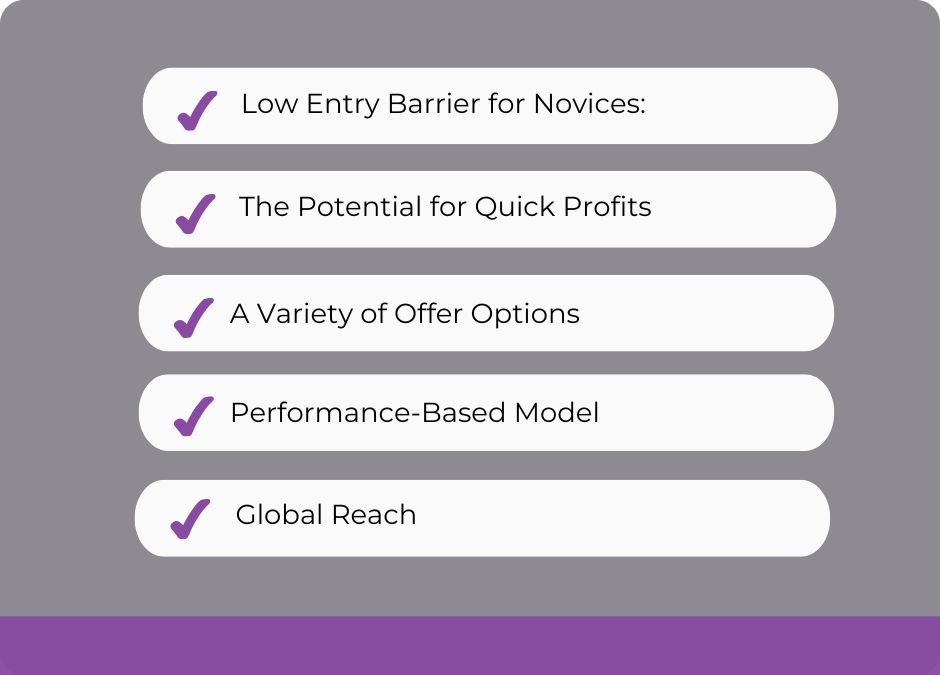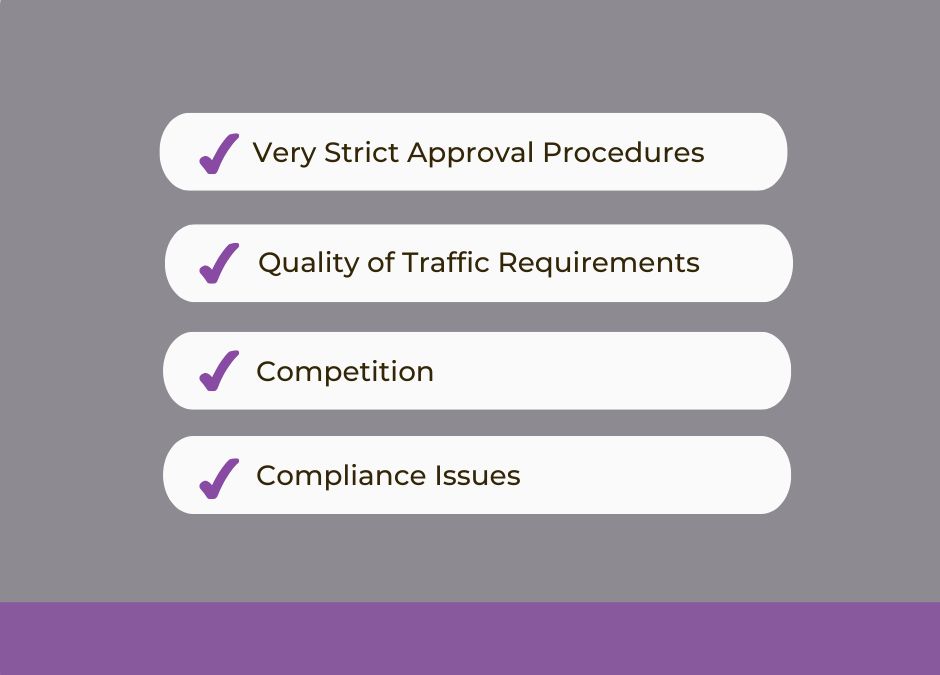Affiliate marketing has emerged as a new-age industry, offering innumerable opportunities for businesses and marketers. One of the most famous and efficient models in this space is CPA in affiliate marketing (Cost Per Action). This model has gained prominence due to its ability to generate revenue while presenting minimal risk to both advertisers and affiliates. By focusing on specific actions such as sign-ups, downloads, or purchases rather than just clicks, CPA in affiliate marketing ensures that marketers are rewarded for driving high-quality leads. Dive deep into what CPA within affiliate marketing means, how it works, and why it makes for a compelling option for those looking to start earning passive income online.
Understanding CPA in Affiliate Marketing
CPA stands for Cost Per Action, meaning affiliates earn payment when an end-user acts, rather than just clicking on a link or viewing an advertisement. The action can be anything like filling out a form, subscribing to/getting a newsletter, downloading an app, or making a purchase. In traditional forms of advertising, where businesses pay per impression, click, and so on (CPC or CPM models), CPA ensures that advertisers only pay when results that can be seen and touched truly count in their favour.
With CPA marketing, the greatest benefit lies in that it actually pays for performance. Since affiliates earn payment only when something actually happens, they reduce the financial risk, which pushes advertisers to generate conversions and leads, motivating affiliates to drive better traffic.
How CPA Affiliate Marketing Works?

The CPA affiliate marketing works with three main players:
Advertisers (Merchants):
This refers to the company or the business that actively promotes its product or service. The advertisers outline a specific action they would like their customers to perform, such as filling up a lead form, making a purchase, or subscribing to a service.
Affiliates (Publishers):
Affiliates are individuals who promote advertisers’ offers for a commission. They use different marketing strategies like SEO, PPC advertising, social media marketing, or email marketing to bring traffic and nudge users toward completing the desired action.
CPA Network:
CPA networks are intermediaries between advertisers and affiliates that give affiliates access to varied offers. They track conversions, handle payments, and ensure both parties fulfil the agreed-upon terms.
CPA offer types
Many types of CPA offers aim to accomplish different marketing strategies and purposes. The commonly seen CPA offers are:
Pay Per Lead (PPL):
Affiliates earn a commission when a user submits contact information or fills out a form. PPL is very famous in the insurance, loans, and online education industries.
Pay Per Sale (PPS):
It awards a commission when a user makes a purchase. The whole idea is similar to that of traditional affiliate marketing but usually offers higher payout rates.
Pay Per Click (PPC):
It is rare in CPA networks, but some advertisers pay affiliates for each click that sends a user to their site for viewing.
Pay Per Install (PPI): Affiliates earn commissions when users install a given app or software, as commonly seen in mobile marketing.
Learn more about affiliate offers.
Benefits of CPA Marketing
CPA marketing has benefits for both advertisers and the affiliates. Some disadvantages are listed here:

1. Low Entry Barrier for Novices:
CPA marketing is easy. You are not obliged to provide customer service or develop a product. Simply instruct users to finish short tasks, such as filling out a form, downloading an app, or registering.
2. The Potential for Quick Profits
Unlike traditional affiliate marketing, which only pays out when a sale is made, CPA allows you to be compensated for smaller actions. This suggests that you will be able to see results faster even if there are no costly sales.
3. A Variety of Offer Options
There are many CPA offers in a number of industries, such as finance, education, gaming, and health. This allows you to select offers that are suitable for your target audience or traffic source.
4. Performance-Based Model
You get paid for performance. Whether a click, lead, or app install, your pay is directly related to the success of your campaigns—placing you in total control of your earning potential.
5. Global Reach
The majority of CPA networks have worldwide offers that allow you to reach global markets and tap international audiences outside of your immediate vicinity.
Challenges and Obstacles in CPA Marketing

1. Very Strict Approval Procedures: A number of CPA networks screen affiliates via a strict approval process so that they can ensure good quality traffic.
2. Quality of Traffic Requirements: Advertisers demand high-quality leads or sales, and CPA networks will likely ban any affiliate who drives low-converting or fraudulent traffic.
3. Competition: The obvious fact that CPA marketing makes money has presented stiff competition that has forced many affiliates to keep evolving their marketing strategies.
4. Compliance Issues: Regulators impose strict legal guidelines on industries like finance and health, requiring CPA businesses to comply with established laws.
How to Get Started With CPA Marketing

Starting in CPA work may be overwhelming for beginners. So here are some important things you have to do:
Choose a niche that suits your disposition; some niches should have profitable CPA offers. The popular niches are finance, health, dating, and gaming. Join a CPA Network. Some of the top CPA networks are MaxBounty, PeerFly, and ClickDealer. Make sure the network has good offers and a solid reputation.
Know More About Affiliate Networks.
To Conclude:
This is an effective means of making money online through a cost-per-action form of affiliate marketing. Its performance-based model reduces the risk for advertisers while it opens a vault of opportunities for affiliates. Success in CPA marketing, however, requires commitment, strategic planning, and continuous optimization. Affiliates can build a business that will be sustainable and profitable by choosing the right niche, joining reputable CPA networks, and applying effective traffic generation methods. Start small, test various strategies, and scale up as you gain experience to maximize your earnings in CPA marketing.



